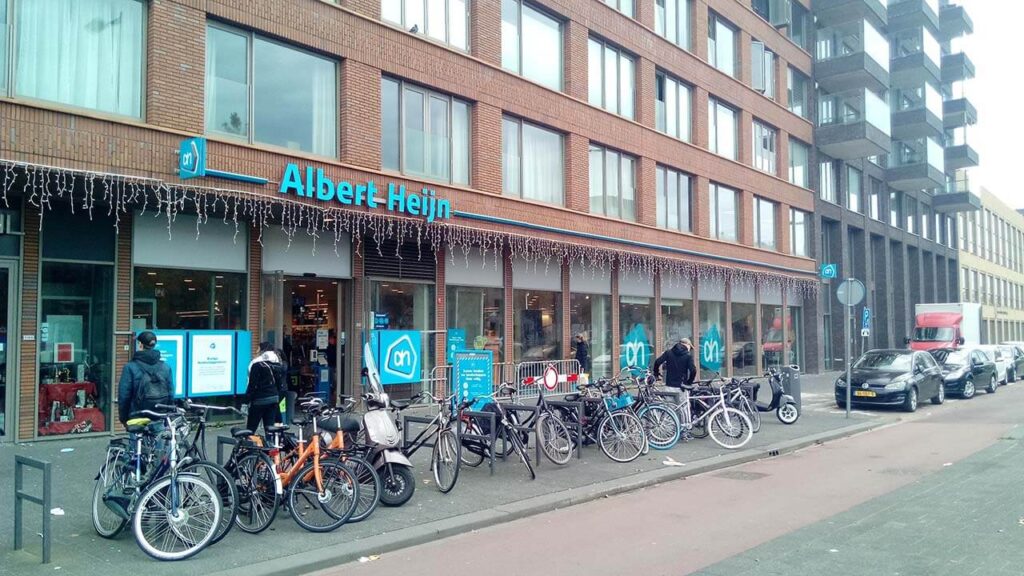
No more excuses: retail chains can do a lot to reduce methane emissions
The Netherlands’ largest food retailer, Albert Heijn, has become the first in the world to publicly disclose its methane emissions. This step marks an important milestone in food retail, but the real breakthrough could come from increasing the share of plant-based products, Vegconomist reports.
In its 2024 sustainability report, Albert Heijn revealed for the first time that methane accounts for about 14% of the company’s total greenhouse gas footprint. With this, the Dutch supermarket chain has become the first in the world to openly take responsibility for this critical data point. According to the environmental organization Mighty Earth, Albert Heijn’s parent company, Ahold Delhaize, has methane emissions comparable to those of entire countries like Sweden or Denmark. It is no coincidence that Mighty Earth is now calling on executives at Tesco, Carrefour, and Lidl to follow the Dutch chain’s example.
“For far too long, retailers have claimed that disclosing methane emissions is too difficult – Albert Heijn’s move clearly shows that it’s not impossible at all,” said Jurjen de Waal, Mighty Earth’s Director for the Netherlands.
The cost of animal products: meat and dairy as methane sources
Methane emissions from the meat and dairy industry are a major threat to the planet’s future. A previous report by Greenpeace Nordic revealed that the estimated emissions of the world’s 29 largest meat and dairy companies rival those of the world’s 100 largest publicly listed fossil fuel corporations. If left unregulated, this industry alone could raise global temperatures by up to 0.32°C by 2050.
In the case of Ahold Delhaize, the main issue lies with its U.S. subsidiaries – such as Stop & Shop – which account for 45% of the group’s methane emissions linked to meat and dairy products. By comparison, the Dutch operations are responsible for “only” 24%.
Plant-based diets as an effective solution
Experts agree that changing diets is the fastest and most cost-effective way to reduce methane emissions.
“While not the only solution, switching to a plant-based diet is one of the most effective ways to cut greenhouse gases – especially agricultural methane,” de Waal emphasized.
There are occasional encouraging developments in retail. Lidl, for example, made headlines when it announced that it would lower the prices of plant-based foods to match those of their animal-based counterparts, removing cost as a barrier to consumer choice and promoting plant-based options. While this seemed like a major step forward, the company also recently launched a campaign promoting poultry consumption – which, according to NÉGYOSZ, demonstrates that there is still plenty of work to do on the road to a plant-based future.
Mighty Earth recommends that retailers should aim for a 60:40 ratio of plant-based to animal-based products by 2030. This would not only serve climate protection but also pave the way for a healthier, more sustainable food system.
A new benchmark for retail?
Albert Heijn’s example highlights both the importance of transparency and the need for a paradigm shift. Publishing methane data is an important first step, but the key to the future lies in the widespread adoption of plant-based diets. As environmental advocates emphasize, supermarkets have the power to shape consumer habits and drive real change in the fight against climate change.
If you also believe in the urgent and effective promotion of plant-based eating in Hungary, sign the NÉGYOSZ Manifesto!